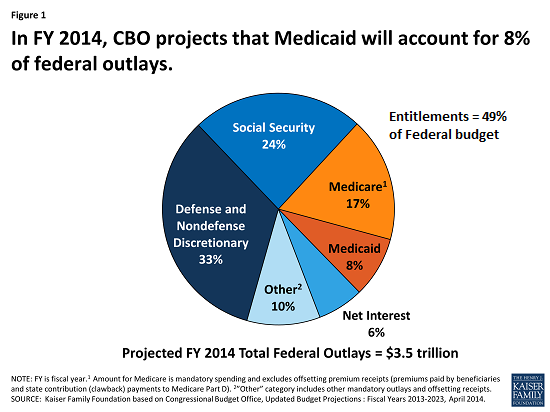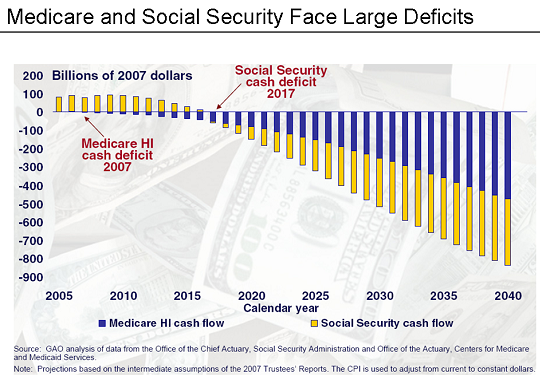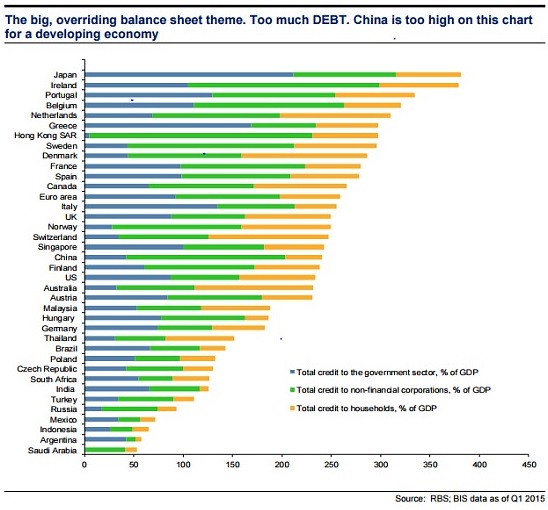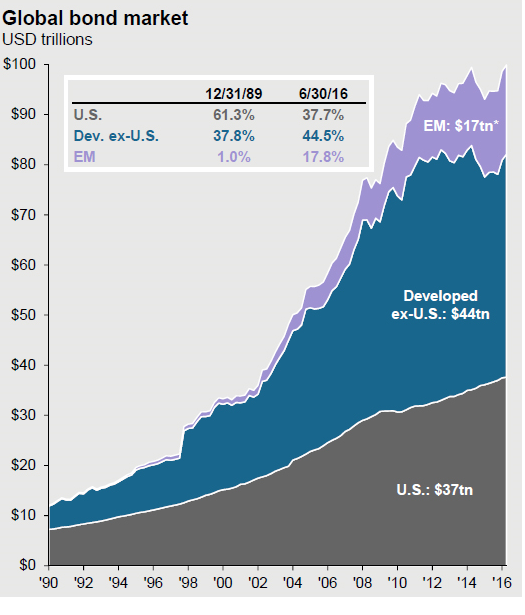Fragmentation, discord, discontent, class war: this is the inevitable result of a shrinking pie.
The politics of the past 70 years was all about horsetrading who got what share of the growing pie: the “pie” being cheap energy, government revenues and consumption, sales and profits.
Horsetrading over a growing pie is basically fun. There’s always a little increase left for the losers, so there is a reason for everyone to cooperate in a broad political consensus.
Horsetrading over a shrinking pie is not fun. Everybody is shrilly demanding their piece of the pie should either grow or be left untouched; any cuts must come out of someone else’s slice.
Everyone turns on their most compelling emotion-based defense: “we wuz promised” is a reliable standard, as is “we need more money to defend the nation from the rising threat of XYZ.” “Help those in need” plays the heartstrings effectively–as long as the “help” comes out of somebody else’s pocket.
Everyone sharpens their knives, the better to carve a slice off somebody else’s slice of the pie. A passive-aggressive free-for-all ensues as everyone reacts with aggrieved defensiveness to any attempt to diminish their slice, even as they launch shrill attacks on everyone else’s defense.
As the pie shrinks, the motivation to join a broad consensus vanishes like mist in Death Valley. Any cooperation is merely a brief tactical move designed to carve a big chunk off another player’s slice. Once that’s accomplished, the alliance quickly splinters as the survivors battle over the meager spoils.
Any victory is temporary, as a new alliance will arise to decimate the previous winner. Winners in the zero-sum game of divvying up a shrinking pie merely set themselves up as the juicy target for the next ferocious attack by the resentful losers.
Political survival boils down to masking the cuts behind illusory “victories” and bogus projections of solvency. Some modest policy tweak will be heralded as “saving Social Security,” meanwhile the end result is a reduction in the purchasing power of whatever benefits remain.
You may well get “what we wuz promised” but it will only buy 50% of what it did a few years ago, after taxes, inflation and “adjustments” are factored in.
Every compromise will be projected to restore solvency to imploding entitlement programs, but it will all be illusion. In two years, insolvency will rear its ugly head again.
The debts, unfunded liabilities, demographics and diminishing pools of income to tap are beyond policy tweaks and minor cuts. Take a look at these charts to grasp the unwelcome realities: sorry, we can’t “grow our way out of debt” because the debts and unfunded liabilities are simply too large and expanding at too fast a rate.
|
Here’s the current federal spending pie: 55% is entitlements and interest. Both of those are set to soar as the populace ages and interest rates rise.
|
|
|
Massive, ever-expanding deficits will push federal debt much higher, pushing interest rates up. Everybody wants to raise taxes on “the rich,” but a funny thing happens when tax revenues soar above a threshold–the economy spirals into recession, and employment, profits and tax revenues all plummet, forcing even higher deficits.
Entitlement program deficits are exploding higher, and all the conventional policy fixes are like building sand castles to stop a tsunami.
|
|
|
The problem is global: as we consume the cheap energy, what’s left to extract and refine is more expensive, so energy costs rise. As the population ages, entitlements soar. As the “growth fixes everything” model fails under the burden of skyrocketing debts, the harsh reality becomes unavoidable:
We haven’t “grown” at all. What we’ve done is borrow from future generations to create the illusion of growth.
|
|
|
Here’s another look at debt: the global bond market has soared from $10 trillion to $100 trillion.
Fragmentation, discord, discontent, class war: this is the inevitable result of a shrinking pie. Our political, social and economic systems have no history or memory of how to navigate this systemic Degrowth successfully. Everyone will blame someone else for the insolvency and failure, and that is not a recipe for successful adaptation.
|
Here’s a taste of what lies ahead:
My new book is The Adventures of the Consulting Philosopher: The Disappearance of Drake. For more, please visit the book's website.
Full story here
Are you the author?
Previous post
See more for
Next post
Tags: newslettersent












































